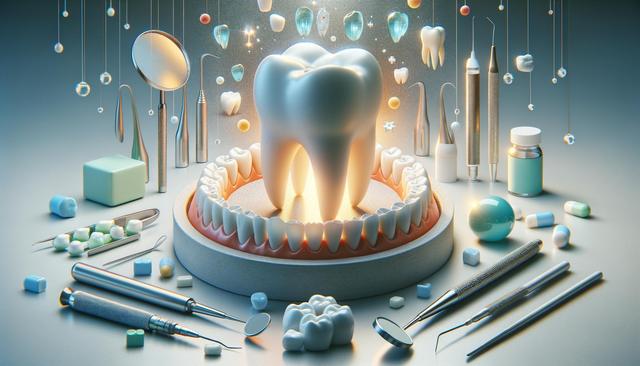Understanding Insomnia and Its Causes
Insomnia is more than just the occasional restless night—it’s a sleep disorder that can significantly impact a person’s overall well-being. It can be caused by a variety of factors, including stress, anxiety, poor sleep habits, or underlying health conditions. Identifying the root cause is essential in determining the most suitable approach to improving sleep. While lifestyle changes and cognitive therapies are often recommended, nutritional support through vitamins is gaining attention as a complementary strategy.
Many people experiencing sleep difficulties may have underlying nutrient deficiencies. Vitamins play a vital role in regulating the nervous system and supporting the body’s natural sleep-wake cycle. When these nutrients are lacking, it can disrupt the body’s ability to unwind and rest properly. In such cases, targeted vitamin supplementation may offer noticeable benefits.
Vitamin D: Supporting Sleep and Mood Regulation
Vitamin D is widely recognized for its role in bone health, but it also contributes to mood and sleep regulation. Low levels of vitamin D have been linked to sleep disturbances and daytime fatigue. Research suggests that maintaining adequate vitamin D levels may help improve sleep quality, especially in individuals who are deficient.
Some of the ways vitamin D may influence sleep include:
- Regulating melatonin production, the hormone responsible for sleep cycles
- Enhancing serotonin synthesis, which affects mood and relaxation
- Reducing symptoms of depression and anxiety that may contribute to insomnia
Exposure to natural sunlight is one of the most effective ways to boost vitamin D levels. However, during winter months or for those with limited sun exposure, supplementation may be necessary. It is advisable to consult with a healthcare provider before starting any new supplement regimen.
Vitamin B12 and the Sleep-Wake Cycle
Vitamin B12 plays a crucial role in energy metabolism and neurological function. Interestingly, it also influences the circadian rhythm, the body’s internal clock that governs the sleep-wake cycle. A disruption in this rhythm can make it difficult to fall asleep or wake up at the desired time.
Here’s how vitamin B12 may support better sleep:
- Helps regulate melatonin secretion, especially in older adults
- Supports proper nervous system function, reducing restlessness
- May increase alertness during the day, promoting a healthier nighttime sleep pattern
People who follow vegetarian or vegan diets may be at a higher risk for B12 deficiency, as this vitamin is primarily found in animal-based foods. In such cases, fortified foods or supplements can be helpful in maintaining optimal B12 levels for overall health and sleep support.
Magnesium: A Natural Relaxant
Magnesium is a mineral that supports hundreds of biochemical reactions in the body, many of which are related to sleep. It helps relax muscles, calm the nervous system, and regulate the production of neurotransmitters involved in sleep. Low magnesium levels have been associated with insomnia and restless leg syndrome.
Benefits of magnesium for sleep include:
- Improving sleep efficiency and duration
- Reducing symptoms of anxiety and stress
- Supporting GABA activity, a neurotransmitter that promotes calmness
Magnesium can be obtained through dietary sources such as leafy greens, nuts, seeds, and whole grains. For individuals who struggle to meet their needs through food alone, magnesium supplements come in various forms, including citrate and glycinate, which are often recommended for sleep support.
Melatonin and Natural Vitamin Synergy
Melatonin is not a vitamin but a hormone naturally produced by the body. However, its production is closely influenced by several vitamins and minerals, including B6, magnesium, and vitamin D. Rather than relying solely on melatonin supplements, supporting the body’s natural production through proper nutrition may be a more sustainable approach for improving sleep.
Some strategies to enhance melatonin production naturally include:
- Maintaining a consistent sleep schedule
- Reducing exposure to blue light before bedtime
- Consuming foods rich in tryptophan, such as oats, bananas, and turkey
- Ensuring adequate intake of vitamins and minerals that support melatonin synthesis
Combining these practices with targeted vitamin support can create a more holistic approach to addressing insomnia. It’s important to remember that while supplements can be helpful, they work best when integrated with healthy lifestyle habits.


